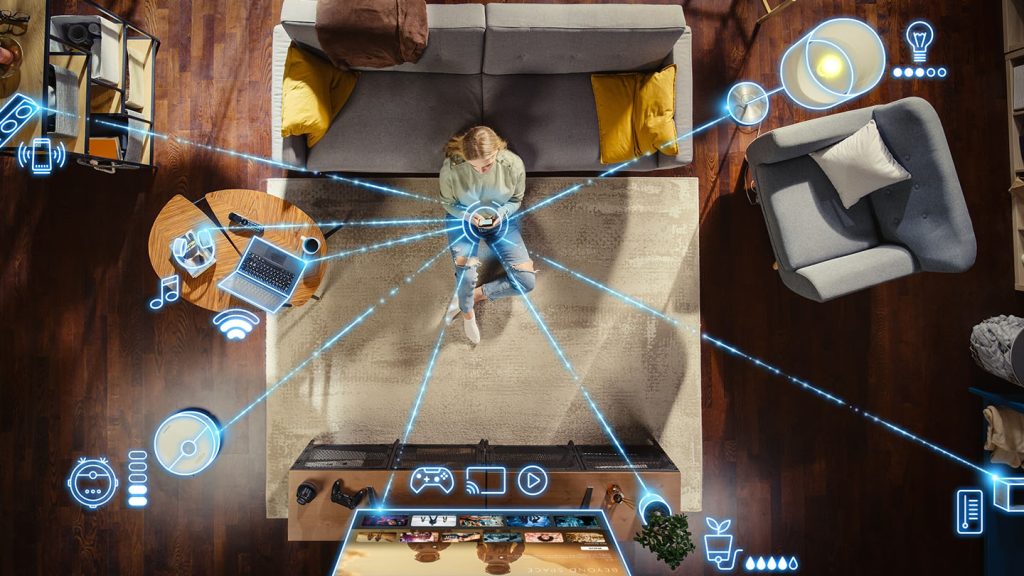Technology continues to revolutionize various aspects of our lives in the digital age. In the case of the real estate industry, one of the most significant transformations in recent years has been the rise of smart homes.
These technologically advanced residences are equipped with a range of interconnected devices and systems that enhance homeowners’ convenience, security, energy efficiency, and overall quality of life.
In this blog post, we’ll explore how the proliferation of smart home technology is reshaping the real estate landscape.
1. What Are Smart Homes?
Before discussing the impact of smart homes on the real estate industry, let’s first define what constitutes a smart home. As the name suggests, a smart home is equipped with smart devices and systems.
These devices are often automated to perform various functions. They are connected to a central hub or network, allowing homeowners to manage them via smartphones, tablets, or voice commands.
2. Enhanced Convenience and Comfort
One of the primary appeals of smart homes is their enhanced convenience.
Imagine being able to adjust your thermostat, turn on your lights, or lock your doors from anywhere in the world using your smartphone.
Smart technologies make daily life more comfortable and convenient by allowing seamless integration and automation.
3. Improved Security and Safety
Security is a top priority for homeowners, and smart home technology has significantly bolstered safety measures.
Smart security systems have features like video doorbells, motion sensors, and smart locks.
These features allow us to monitor and control access to their property remotely.
In addition, many smart home devices offer real-time alerts and notifications, providing peace of mind to homeowners even when they’re away from home.
4. Energy Efficiency and Cost Savings
Another key benefit of smart homes is their emphasis on energy efficiency, which reduces environmental impact and leads to cost savings for homeowners.
Smart thermostats, for example, can learn homeowners’ preferences and adjust temperature settings accordingly, reducing energy consumption and bills.
The same goes for smart lighting; it turns off when the room is not occupied, saving energy.
5. Increasing Demand in the Real Estate Market
As awareness and adoption of smart home technology continue to grow, we’re witnessing an increasing demand for smart homes in the real estate sector.
Homebuyers are increasingly seeking properties equipped with smart features, viewing them as modern amenities that enhance a home’s overall value and appeal.
Consequently, real estate developers and agents recognize the importance of incorporating smart technology into their offerings to remain competitive.
6. Challenges and Considerations
Despite the many advantages of smart homes, there are also challenges and considerations that both homeowners and industry professionals must navigate.
One concern is the interoperability of different smart devices and systems, as compatibility issues can arise when integrating devices from other manufacturers.
Additionally, privacy and security implications are associated with data collection by smart home devices, raising questions about data protection and cybersecurity.
7. Future Outlook
The future of smart homes in the real estate industry appears very promising. Advancements in technology are continuing to provide smart home solutions.
This further enhances homeowners’ convenience, security, and energy efficiency.
Moreover, as smart home technology becomes more mainstream and affordable, we can expect widespread adoption across all real estate market segments.In conclusion, the rise of smart homes fundamentally transforms the real estate industry, offering homeowners unprecedented levels of convenience, security, and energy efficiency. Advancements in technology and increasing accessibility will undoubtedly shape how we buy, sell, and live in homes for years.

